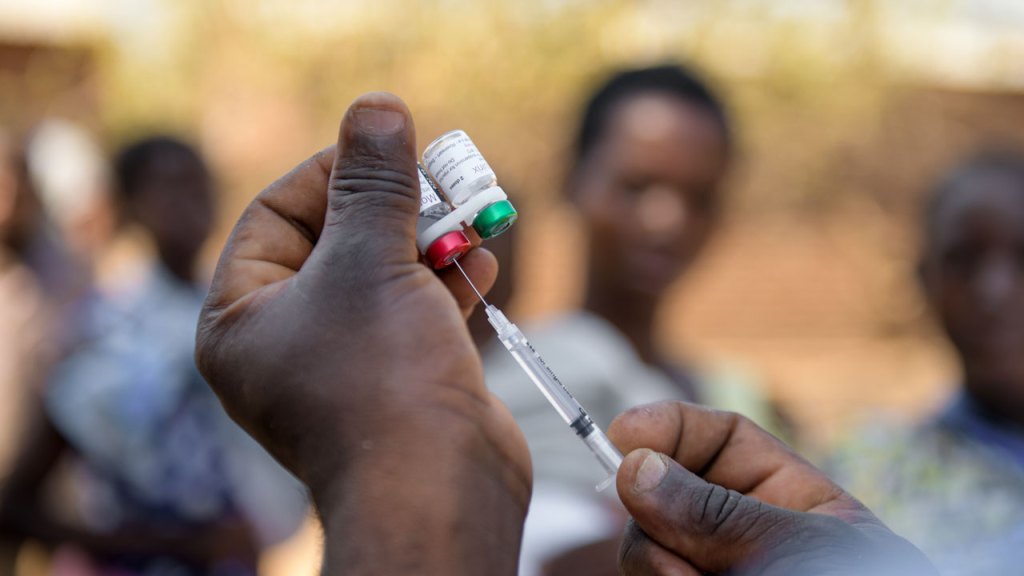A groundbreaking medical study conducted across multiple African nations has demonstrated promising results in the development of a new malaria vaccine. The research represents one of the largest clinical trials ever conducted on the continent, involving over 50,000 participants.
The vaccine, tested in Ghana, Kenya, Mozambique, and Tanzania, showed efficacy rates significantly higher than existing preventive measures. Researchers from local universities partnered with international health organizations to conduct the multi-year study under real-world conditions.
“This vaccine could be transformative for communities where malaria remains a leading cause of mortality, particularly among children under five,” said the principal investigator at the Nairobi research center. “The results exceed our initial projections and demonstrate remarkable safety profiles.”
The trial design incorporated extensive community engagement, with local health workers playing crucial roles in participant recruitment and follow-up care. This approach helped achieve high retention rates and generated valuable data about vaccine performance in diverse populations.
Regulatory agencies are now reviewing the data for potential approval. If authorized, manufacturing facilities in several African countries are prepared to begin production, with the goal of making the vaccine widely accessible at affordable prices.
Health officials emphasize that the vaccine would complement, not replace, existing malaria prevention strategies such as bed nets and antimalarial medications. The combination of approaches could significantly reduce the disease burden across affected regions.


Leave a Reply